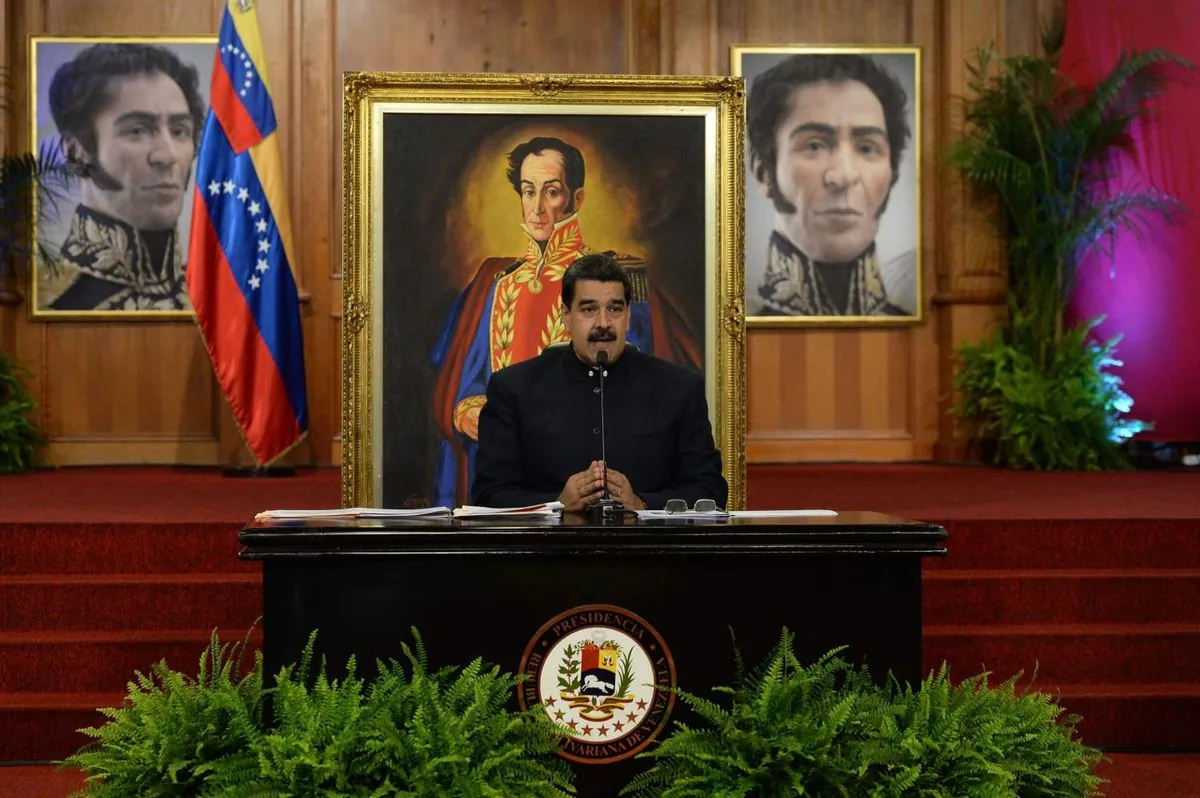In a recent development, Venezuela's Supreme Court has affirmed President Nicolas Maduro's victory in the July 28, 2024 election, rejecting claims of a landslide defeat presented by the opposition. This decision comes amid ongoing political tensions in a country grappling with severe economic challenges.
The court, widely perceived as aligned with Maduro's government, dismissed online voting records published by the opposition. These records, covering 80% of voting stations, suggested that opposition candidate Edmundo Gonzalez had secured a significant win by a margin exceeding 2-to-1.
Venezuela, home to the world's largest proven oil reserves, has been mired in an economic crisis since 2013. The country has witnessed a staggering inflation rate, which peaked at over 65,000% in 2018, leading to widespread shortages of essential goods and a mass exodus of its population.
The court's ruling, issued on August 22, 2024, came in response to Maduro's request for a review of the vote totals. Notably, Gonzalez did not participate in the audit process, a fact highlighted by the justices who accused him of attempting to spread panic.
This latest electoral controversy unfolds against a backdrop of severe economic decline. Venezuela's GDP has contracted by more than 75% since 2013, with the poverty rate exceeding 90% in recent years. The country has also faced numerous international sanctions and accusations of human rights violations.
"The published voting records are deemed forgeries, and the election results as announced stand. Any attempts to undermine the electoral process will be met with legal consequences."
The court's decision has reignited debates about electoral integrity in Venezuela. Critics argue that the ruling reflects a pattern of judicial decisions favoring the government, as the court has rarely ruled against Maduro's administration.
Venezuela's political landscape remains fraught with challenges. The country has experienced frequent power outages, infrastructure failures, and one of the highest crime rates in Latin America. These issues, coupled with the ongoing electoral disputes, continue to shape the nation's tumultuous political and economic trajectory.
